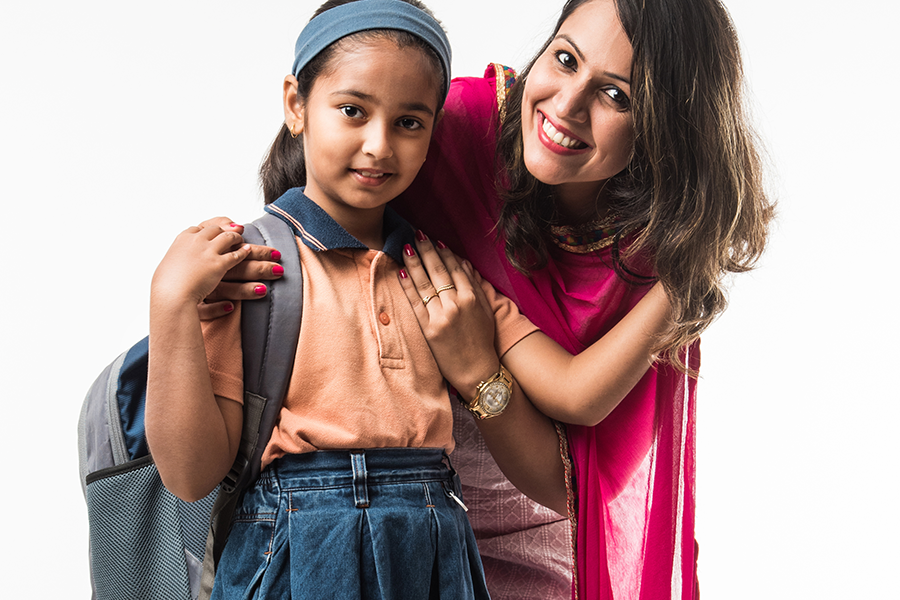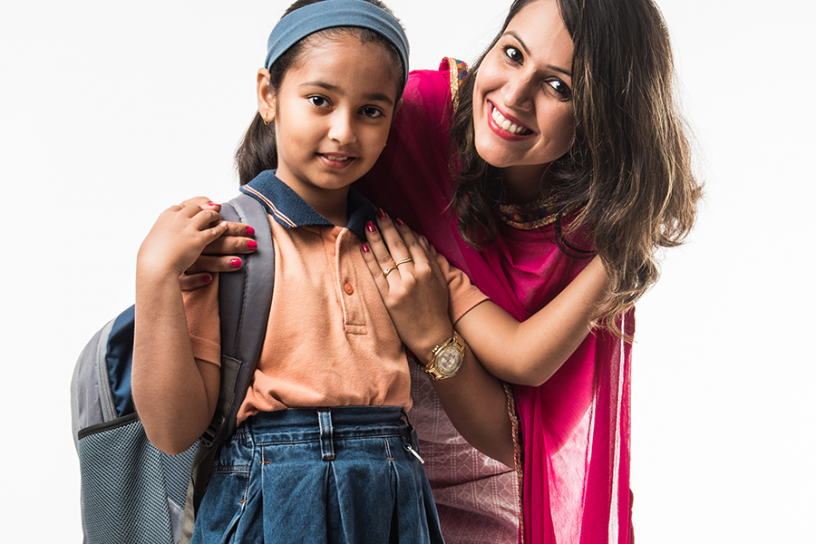
Biases may influence under confident parents to over invest in education.
Authors
Dyotona Dasgupta, Associate Professor, Jindal Global Business School, O.P. Jindal Global University, Sonipat, Haryana, India.
Anuradha Saha, Ashoka University, Rajiv Gandhi Education City, Sonipat, Haryana, India.
Summary
This paper introduces perceived self-efficacy beliefs in an overlapping generations model and studies the effects of behavioral anomalies on human capital investments and aggregate inequality.
These beliefs are not inherent but based on a person’s socio-economic background. Ex ante children are homogeneous, but parents are biased about the returns to their children’s education. Based on parental education and job status, parents may be over or under confident but otherwise, they are rational.
We witness spillover effects that shift the incentives to educate children from the pessimistic parents to unbiased parents. Biases may induce or hinder investment. Over investment by one parent type may even crowd-out investments of other parent types. We find interesting effects of biases on the aggregate economy when parental warm glow is not low.
Published in: Journal of Economic Behavior & Organization
To read the full article, please click here.


